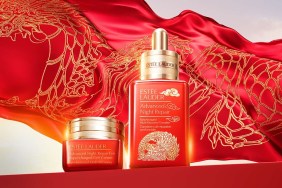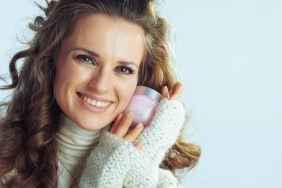Building the perfect skin care routine is as much an art as it is a science. Speaking of science, have you ever worried that you’re creating the perfect storm of active ingredients that will conspire together to burn your face off?
Maybe that’s a little extreme, but you still have to wonder: Can your favorite glow tonic and your favorite retinol serum play nicely together? Can you mix a potent vitamin C serum with a glycolic acid-packed cleanser? All of the possible combinations and nuances can get a bit confusing so we talked with two board-certified dermatologists, Dr. Mona Gohara and Dr. Purvisha Patel, to learn how best to mix our favorite skin care ingredients. Keep reading for their dos and don’t’s.
[ Next: 14 Skin Care Products That Double as Makeup to Streamline Your Morning Routine ]
This article originally appeared on TotalBeauty.com
5 Skin Care Ingredients You Can Mix Together — and 3 You Can't
-
Retinol and Vitamin C
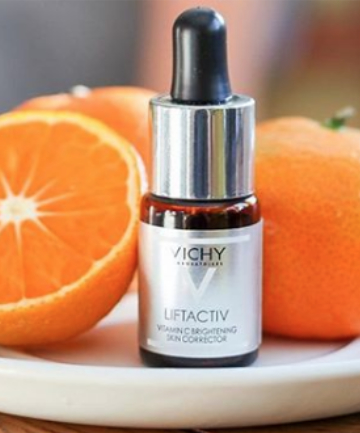
Can they be mixed? Yes, with reservations
Two of the hottest skin care ingredients of the moment might be a little too harsh to be used together, so Gohara actually recommends using them in different parts of your routine. "I like using vitamin C in the morning, right after I get out of the shower, and use a retinol at night," she says. Since "ultraviolet light can inactivate retinol" and "Vitamin C makes a good warrior against free radicals you come in contact with during the day," you get the best of both worlds that way. Gohara notes that this logic holds true for other antioxidants as well.Image: @vichyusa
-
Vitamin C and AHAs
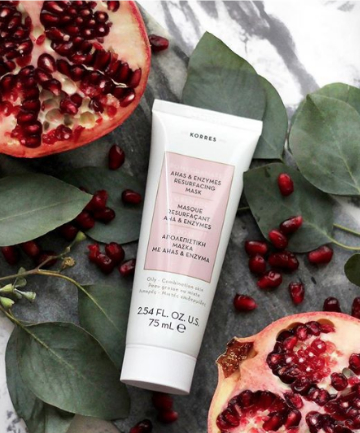
Can they be mixed? Yes
Vitamin C is also known as ascorbic acid, which begs the question: Is it overdoing it to mix it with your favorite acid toner? Gohara gives you the go-ahead, though watch for overdrying.Image: @korres.skincare
-
Retinol and AHAs
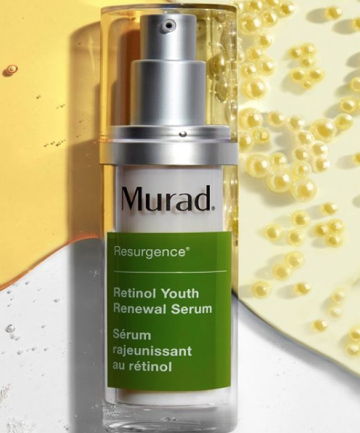
Can they be mixed? No
Though they're cornerstone ingredients in a lot of skin care routines, you might want to avoid mixing your retinols and AHAs. "Retinols and AHAs may be too irritating to layer on top of each other," cautions Gohara. Patel adds that strong concentrations can "cause increased skin peeling and even redness/irritation."Image: @muradskincare
-
Vitamin C, Vitamin E, Ferulic Acid and Retinol
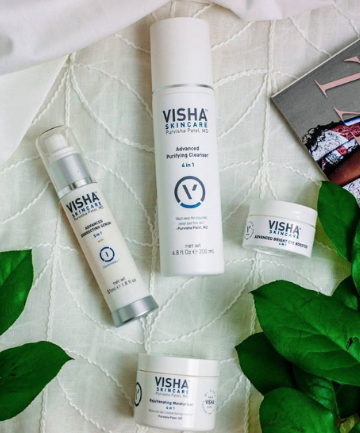
Can they be mixed? Yes
You've probably noticed that antioxidants vitamin C, vitamin E and ferulic acid are often used together — and that's because the addition of ferulic acid actually helps stabilize the vitamins C and E while also boosting their efficacy. Throw just the right amount of retinol in there and you're really cooking with gas — though it's worth pointing out that Patel recommends searching for a product that combines them (like Visha Skincare Advanced Correcting Serum with Illuminotex) rather than trying to layer them together yourself.Image: @vishaskincare
-
Hyaluronic Acid and AHAs
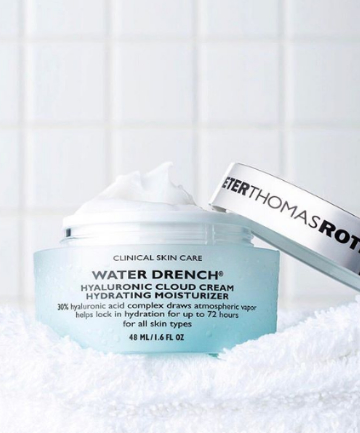
Can they be mixed? Yes
Though the name might sound harsh, hyaluronic acid is actually super gentle and hydrating, which makes it a great follow-up to some of your stronger skin care ingredients. Gohara says it works especially well with AHAs since the AHAs help pave the way for all the hydration you get from the hyaluronic acid. Similarly, a hydrating cleanser like the Dove White Beauty Bar is safe to mix with other ingredients, especially since it helps keep the skin barrier healthy.Image: @peterthomasrothofficial
-
AHAs and Water
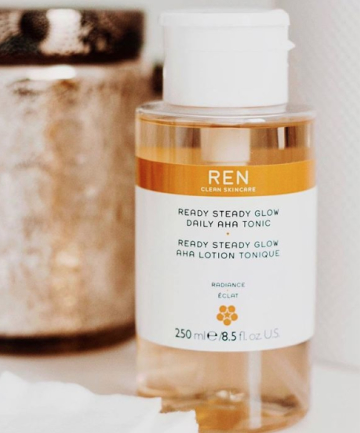
Can they be mixed? No
This might sound a little kooky, but Patel breaks it down: "Acids by nature have a low pH and if they are layered under products that are basic in pH, they will become less active." You know what's typically basic? The tap water you wash your face with every day. "Properly drying your face and rinsing off soap (which is also alkaline) will help your various skin care acids work better," she explains.Image: @renskincare
-
Your Favorite Acne Treatments
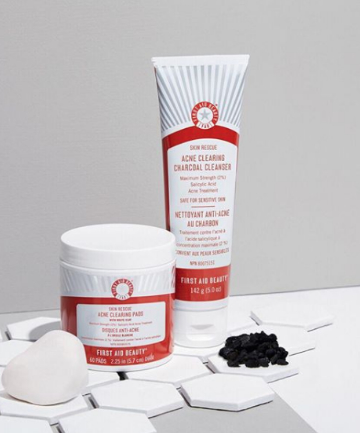
Can they be mixed? Depends
"If you layer salicylic acid or benzoyl peroxide with a retinol or AHA, that is risking irritation and skin barrier breakdown," says Gohara. She recommends using one in the morning and the others in the evening to avoid irritation. She also notes that "benzoyl peroxide formulations can inactivate some retinols," which makes separation more important. Of course, salicylic acids and benzoyl peroxide are often used in conjunction with each other — just be sure to use caution when it comes to retinol and AHA products.Image: @firstaidbeauty
-
Sunscreen and All of the Above
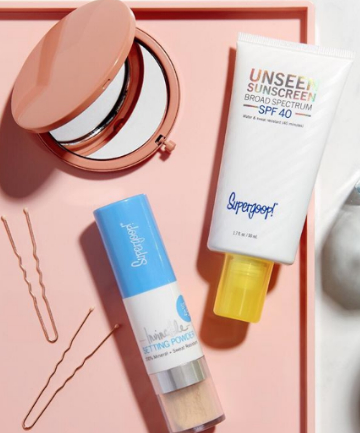
Can they be mixed? Yes, but do it right
Since retinol, AHAs, salicylic acid, etc. can all cause increased sun sensitivity, a good sunscreen is clutch. However, don't go adding it in willy-nilly. Products with SPF 30 and above actually don't mix well with most active ingredients. The key is to "layer the sunscreen OVER the product with active ingredients," explains Patel.Image: @supergoop





